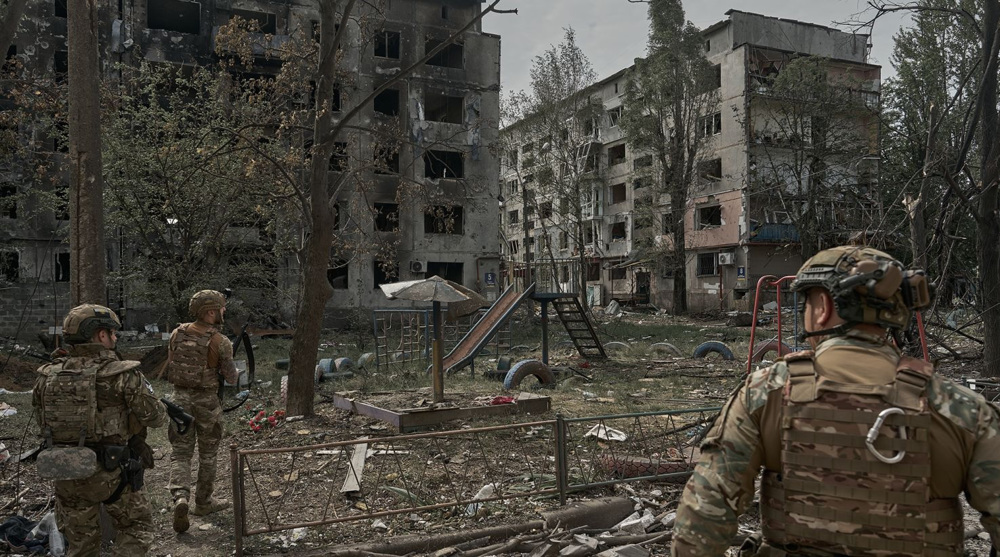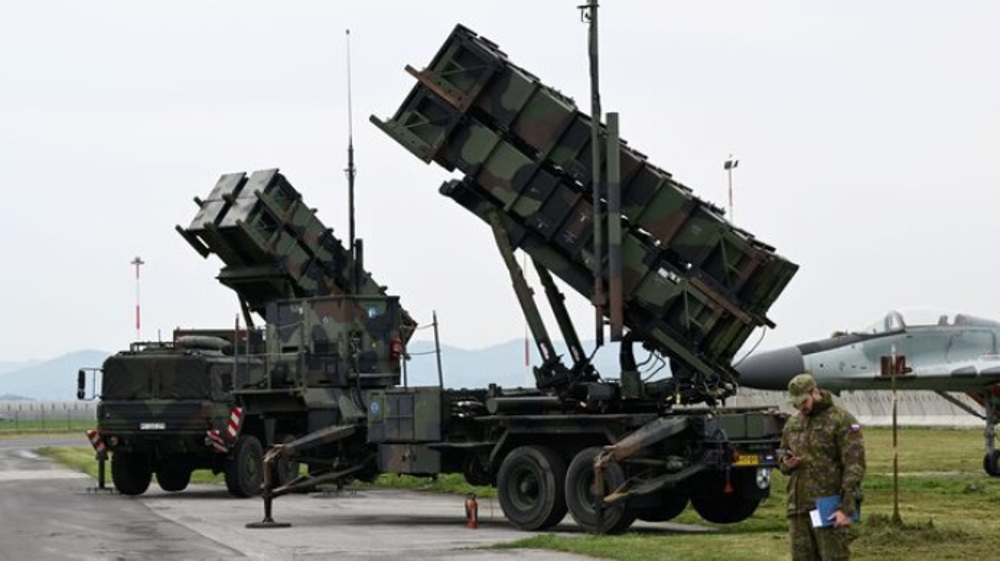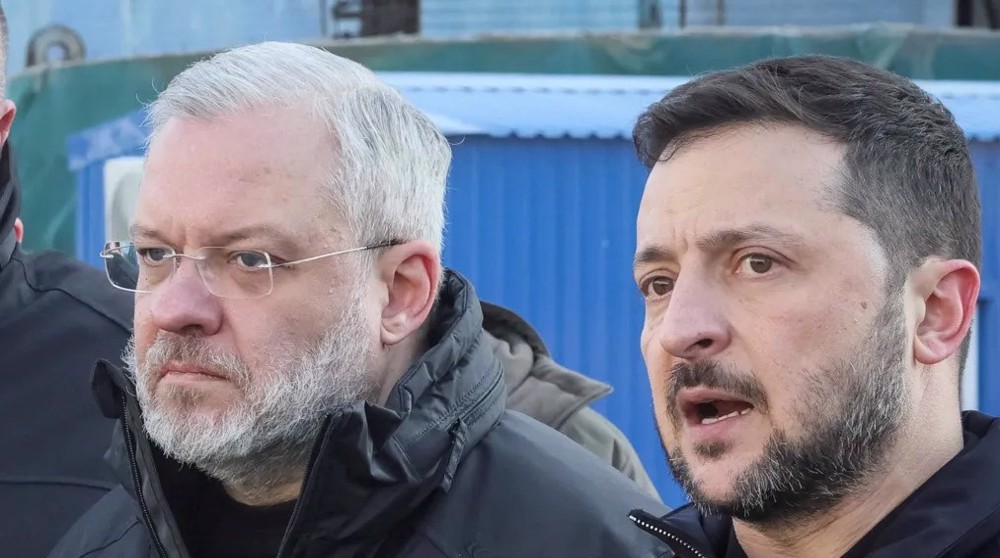WHO urges Europe to accelerate COVID-19 vaccination; warns of efficacy in face of variants
The boss of the World Health Organization (WHO) in Europe on Friday called on Europeans to accelerate their vaccination campaign against COVID-19, while worrying about the impact of variants on the effectiveness of vaccines, in an interview with AFP.
"Usually competing pharmaceutical companies must unite their efforts to drastically increase production capacities, that's what we need," claims Hans Kluge, in Copenhagen, while the vaccination campaign in the European Union has had a difficult start, 2.5% of the population having received a first dose there.
The director of the German epidemiological watch institute Robert Koch has also sounded the alarm.
"The virus is not yet tired, on the contrary, it has just received a new boost" with the British and South African variants, lamented Lothar Wieler, showering hopes of a rapid lifting of restrictions in the face of a virus become "more dangerous".
In the United States, the American laboratory Johnson & Johnson has requested urgent authorization for its particularly anticipated vaccine because it can be stored at temperatures in the refrigerator rather than in the freezer, and it can only be administered in a single dose.
However, its clinical results have raised concerns: the remedy has been shown to be more effective in the United States (72%) than in South Africa (57%), where a variant has become largely the majority.
Experts see this as an indication that future variants could end up completely bypassing the immune defenses developed by current vaccines.
"That's the big question. I'm worried," admitted Kluge.
At the same time, with the help of apartheid, an anti-vaccine sentiment is developing within the black South African majority.
"What if we were given a third-zone vaccine?" Asked Mbali Tshabalala, 35, suspiciously outside his modest home in White City, a district of Soweto. "What happens if he arrives in Africa and it does not suit our constitution ... Oh, I'm losing sleep," plague the young woman.
Sputnik V, "good news"
All over the world, orders and deliveries of vaccines are accelerating.
In Europe, helped by Beijing, Serbia is in the lead. In the small Balkan country of seven million people, more than 450,000 people received a dose in two weeks, the second vaccination rate in European countries after the United Kingdom, according to the scientific publication Our World in Data.
On the dedicated government site, people are invited to tick boxes to indicate their preferences. Pfizer, Sputnik-V and Sinopharm are currently on the menu.
Iran, where the coronavirus has claimed more than 58,000 lives, received its first doses of the Russian Sputnik-V vaccine on Thursday, as did the occupied West Bank.
The Russian vaccine is "good news for mankind," EU foreign minister Josep Borrell told Moscow on Friday, who "hoped the European Medicines Agency could certify".
His Russian counterpart Sergei Lavrov stressed his willingness to cooperate in this area with his Western rivals.
Peru has ordered 20 million doses of Pfizer's vaccine, as huge queues of families willing to pay exorbitant prices to acquire oxygen for their sick relatives appeared in several Latin American countries.
Although it claims to be free from the virus, North Korea has also applied for vaccines, of which it is expected to receive nearly two million doses.
Contamination down
At the same time as vaccination, restrictive measures are continuing.
Australia, which will launch its vaccination campaign later this month, announced on Friday that the requirement for all people entering the country to observe a two-week quarantine was maintained. And it will only very gradually increase the quota of people allowed to enter the country.
The United Kingdom confirmed on Thursday that its residents arriving from countries deemed at risk will have to observe ten days of quarantine at the hotel, from February 15.
Kuwait, like Saudi Arabia, suspended the entry of foreigners for two weeks.
As for Sweden and Denmark, they announced that in the coming months they would develop electronic "vaccine passports" to facilitate travel abroad, but also to access sporting or cultural events, or even restaurants in the Danish case.
For its part, Israel announced on Friday that it would maintain the suspension of international flights and the closure of its land borders even if it will gradually lift from Sunday the containment in force for more than a month, after a slight decrease in the number of contaminations.
Israelis will then be able to move beyond one kilometer from their home and certain services (hairdressers, beauty treatments) will be authorized again. The hotels will remain closed.
According to a report established Thursday by AFP, the pandemic has killed at least 2,285,334 worldwide and more than 104,848,470 cases of infection have been officially diagnosed.
493,000 contaminations were recorded daily this week around the world, a figure down for the third week in a row, reaching its lowest level since the end of October.
(Source: AFP)
Iran MPs: Leader’s remarks disrupted enemy’s warlike equations
Over 80 film figures condemn Berlinale for ‘silence’ on Gaza
Trump's son invests in Israel's ‘low cost-per-kill’ drone company
Over 80 countries condemn Israel’s settlement expansions in West Bank
VIDEO | Gaza mothers in Italy recount horrors of Israel's genocide
President underlines Leader’s oversight of nuclear negotiations; rules out ‘talks for talks’ sake’
VIDEO | Iran, Pakistan target $10 billion in bilateral trade by 2028
Tehran summons German envoy over Berlin’s anti-Iranian stances, measures











 This makes it easy to access the Press TV website
This makes it easy to access the Press TV website